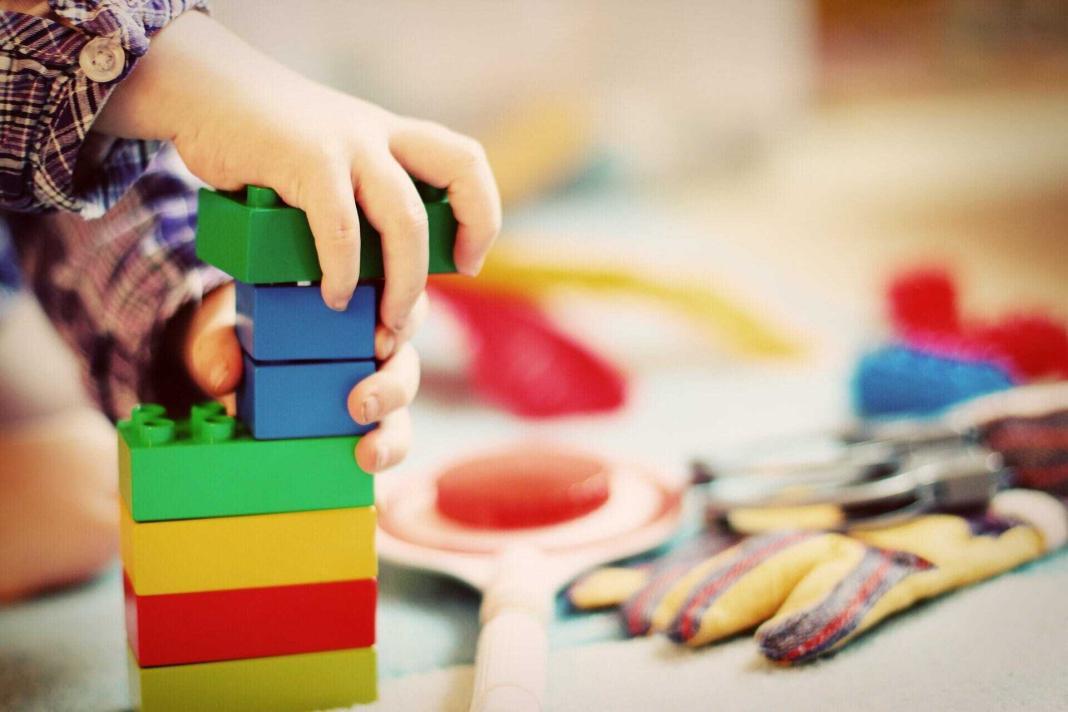Speech and Language therapy is mainly about helping children or adults to communicate with each other smoothly. It focuses on receptive language (the capacity to understand words that are spoken to you) or expressive language (the capacity to make use of words to express yourself). It also deals with the mechanics of generating words, like volume, fluency, speech and articulation.
Speech therapy for children is mostly required when developmental milestones have been delayed. Certain children only require help with language skills, while others develop issues regarding speech mechanics. Some will require help with different facets of language, swallowing and speech.
In contrast, speech therapy for adults is required after a traumatic injury, stroke, surgery, or brain injury, which alters their ability to swallow or make use of language.
Benefits of speech therapy for children
There are numerous benefits of speech therapy for children, such as:
- Enhances communication so that they can express feelings and thoughts
- Allows them to speak so that their speech is understood
- Prepares them for school so that they stay abreast with peers in the process of learning
- Enhances vocal quality
- Improves independence and self-esteem
- Helps with speech delays so as to speak smoothly
- Helps to speak complete sentences
- Helps with issues of stammering and speaking with clarity
What is speech therapy?
It is a method of language intervention that focuses on enhancing the speech of a child, the capacity to discern speech and overcome issues like voice and phonological disorders, disfluency and poor articulation.
It aids children in expressing themselves better via non-verbal and verbal language. The focus of speech therapy is on the following:
- Fluency and articulation
To aid in forming sentences, words and sounds. Children with speech issues are incapable of speaking fluently and articulating words easily. The therapy focuses on these issues to help children articulate words better.
- Regulating speech volume
Most children with speech issues tend to speak at either too high or too low a volume. Speech therapy aids in training children to articulate speech clearly, with the right volume and pitch.
- Expressive language
Language can be expressed via writing, signs and pictures. Children with speech disorders find it tough to convey messages through writing, sentences and words. They also find it difficult to use correct grammar, describe incidents and frame words in a sentence. Speech therapy deals with such issues.
When does a child need speech therapy?
Many children speak with breaks or are reluctant to talk in detail. It is often hard to grasp what they are saying. But this does not imply that all such children need therapy.
Therapy is required based on the following criteria:
- Most people find it tough to understand what the child is saying because of unclear speech.
- The child struggles to utter words and translate their thoughts into sentences or even words.
- The speech of the child is disturbed by blocks, prolonged articulation, repetition, or stuttering.
- The child speaks only two-three words like mama and papa and cannot form two- to four-word sentences.
- The child has not developed socialising skills such as establishing direct contact, making friends and skills of playing or engaging with others.
- Even if the child is an early reader and has perfect pronunciation, he may be lagging behind in using language suitably in social scenarios, engaging in conversations, making small requests, or developing friendships.
- The child may have medical conditions or disabilities like hearing impairments or autism, since they impact the capacity for smooth communication.
In all such cases, it is good to consult an SLP (Speech Language Pathologist). SLPs mostly begin therapy for children in their early years and continue all through school. Even if speech therapy is being conducted in school, parents or guardians need to practice therapy exercises at home as a support to the school program.
For any speech delays, the first thing to rule out is hearing issues in the child. This can be done by observing whether a child is responding to loud noises, such as from the television or radio.
Tips for home speech therapy
The main advice by SLPs is not to react negatively to the child’s speech issues. Do not put pressure on a child who is stuttering. Alternatively, you can:
- Encourage conversation: Pose some thought-provoking questions to the child, such as why do you like your friend? Or what will you do on your camping trip? By asking for a detailed response to such questions, you are encouraging the child to express themself.
- Listen with care: Even if a child is struggling to complete sentences, you must listen with full attention. The child will develop confidence in speaking when they notice you are paying attention and will attempt to talk fluently.
- Encourage reading: Ask the child to read aloud either a piece of news that interests them or from a storybook they love. Make them repeat the reading activity. Such endeavours will help improve the language and articulation of the child.
In sum, these are some basic facts about speech therapy for children.
You may want to read more,
- Everything You Need To Know About Speech Therapy
- What are the deciding factors that affect a child’s growth?







